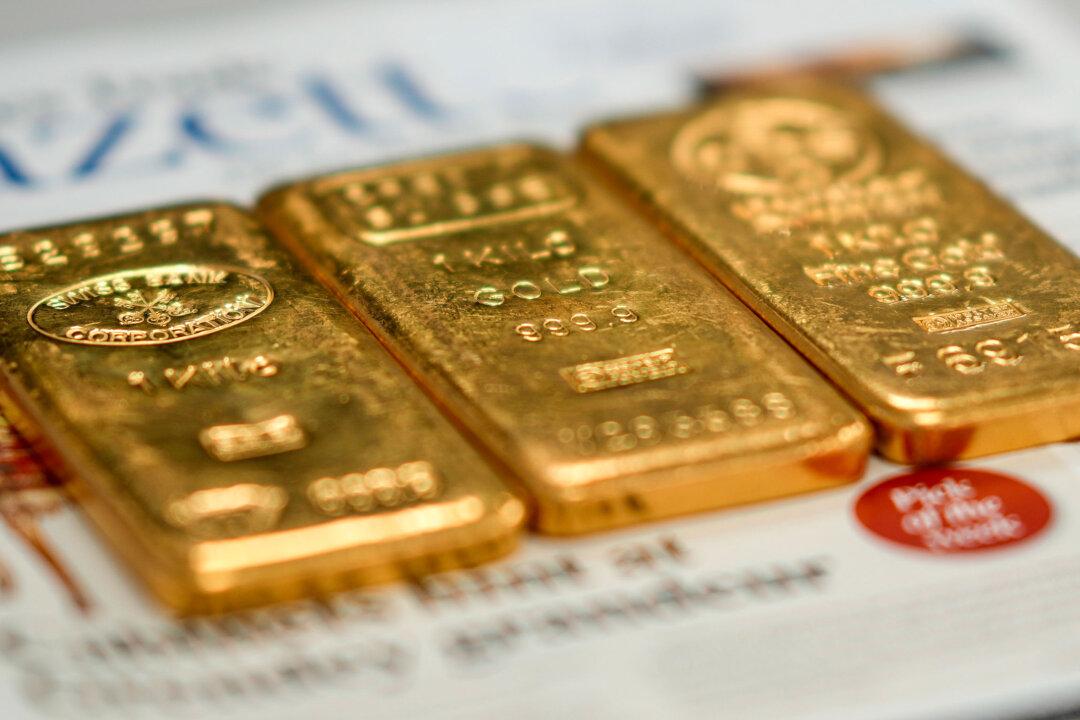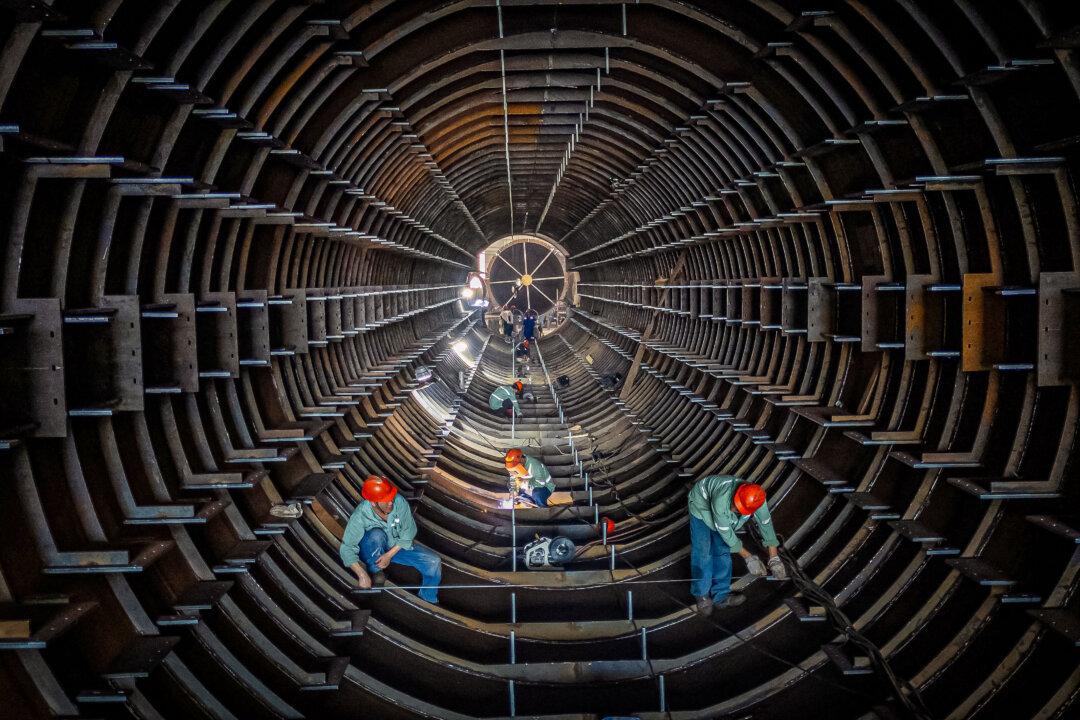Finding a home to buy in Japan has become part of the travel agenda of many affluent Chinese visitors, according to a real estate platform serving the Chinese community in Japan.
This has occurred as Japan becomes the top choice for outbound travel among Chinese tourists during the Chinese Communist Party’s (CCP) 8-day long National Day holiday, which began on Sept. 29.




